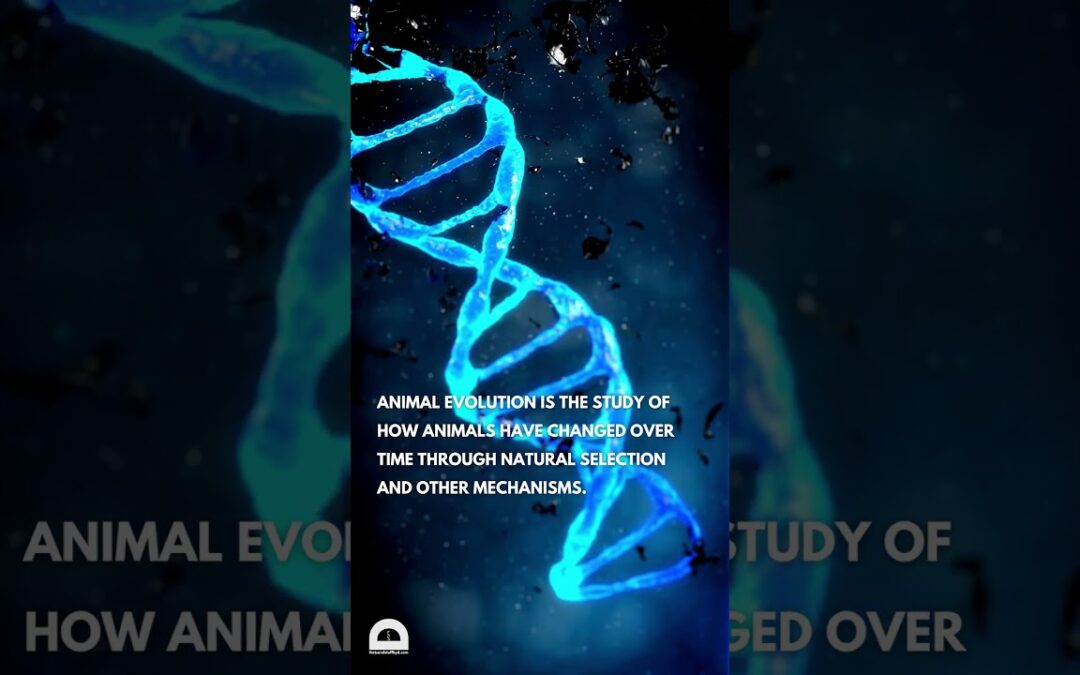Animal evolution is a complex and ongoing process that has unfolded over billions of years, resulting in the remarkable diversity and adaptation of species we observe today. Through mechanisms such as natural selection, genetic mutation, and genetic recombination, animals have evolved from simple single-celled organisms into a vast array of complex forms, occupying diverse ecological niches. This evolution has been driven by the need to survive and reproduce in changing environments, leading to the development of specialized anatomical, physiological, and behavioral traits that enhance an organism’s fitness. Over time, these adaptations have accumulated, giving rise to new species and branching out along different evolutionary paths, ultimately shaping the intricate web of life on Earth.
Zoology is the scientific study of animals, encompassing a wide range of topics including their evolution, anatomy, behavior, physiology, and ecology. Zoologists seek to understand the diversity of animal life on earth, from single-celled organisms to complex vertebrates, by examining their biological processes and interactions with their environment. They also investigate the relationships between animals and their ecosystems, as well as the impact of human activities on these ecosystems. Zoology plays a vital role in conservation efforts, as scientists work to protect and preserve endangered species and their habitats. Overall, zoology is a fascinating field that helps us to better understand the natural world and the complex web of life that we are a part of.
#shorts #genetics
Source

